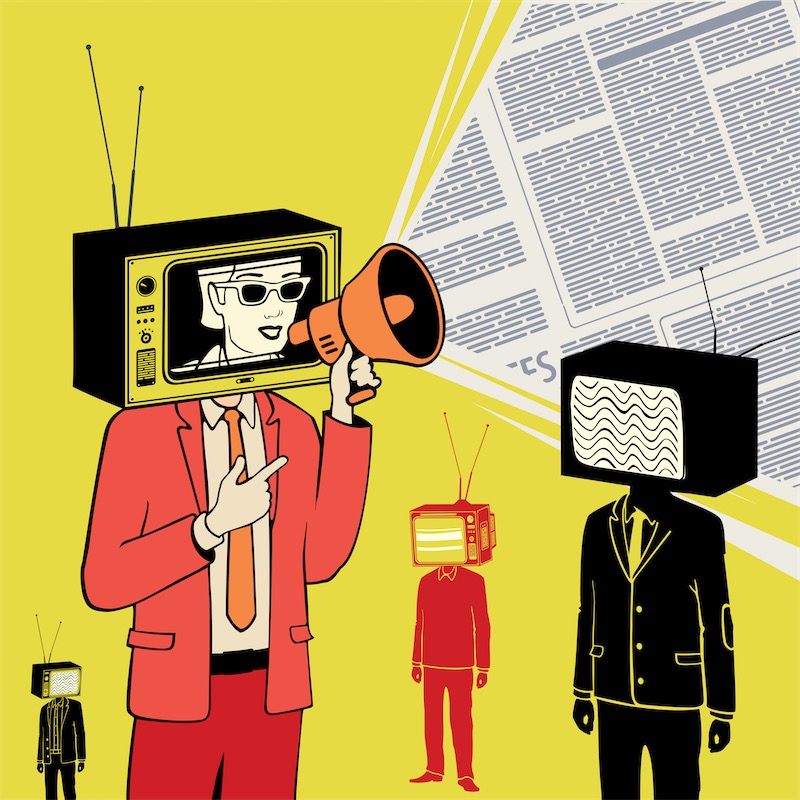June 1
All the News, All the Time
“Freedom of the press is not just important to democracy. It is democracy.” (Walter Cronkite)
On June 1, 1980, CNN went live with the first 24/7 cable news channel. Today, we take for granted that someone is always reporting the news. In fact, depending on how you set notifications on your smartphone, not only is news always to be found on one of several TV channels and websites, but you can also be notified, instantly, when something happens. One of the casualties of this movement towards immediacy in the news is attention to the truth, as well as the ability of news providers to engage in telling complicated stories based upon deep research. This all started with CNN.
Additionally, news sources compete. They are independently run and need to compete for viewers and ratings. Doing so is beneficial since one company or government does not get to dictate and control what news we hear; however, this may lead to stories breaking without being completely verified or having the full information necessary.
One consequence of the continuous news cycle is that we now follow news from around the world. It is still the case that, as journalists like to say, if it bleeds, it leads. That is, the most dramatic stories get the most attention among journalists, even if they may be rare or unimportant to most people. This may lead us to feel less secure. While murder rates have gone down, for instance, the attention murder gets in the press makes us feel like we are all constantly in danger. With the COVID-19 pandemic of 2020, the news is covering stories nonstop. While the information is obviously useful, could too much coverage outweigh the benefits of gaining that useful information?
Likewise, today, the question of the reliability of our news sources has become a major political issue. It seems like the idea of an objective truth that all parts of the political spectrum can reference is rapidly vanishing.
One thing to remember when searching for news is the idea of confirmation bias. It is very easy to find only the information that aligns with your point of view. Remember to be open-minded and read various points of view from different sources, allowing you to come up with either new opinions, or responsibly confirming your beliefs.
Questions:
- If you agree with this statement, what does Walter Cronkite’s warning imply about the state of our democracy?
- Do you think there is any way to address the problem? If so, what? If not, what do you think the consequences will be for the country if the present trend continues?
- What “news sources” do you rely on? Is it more traditional like CNN or do you use more “modern” methods?
